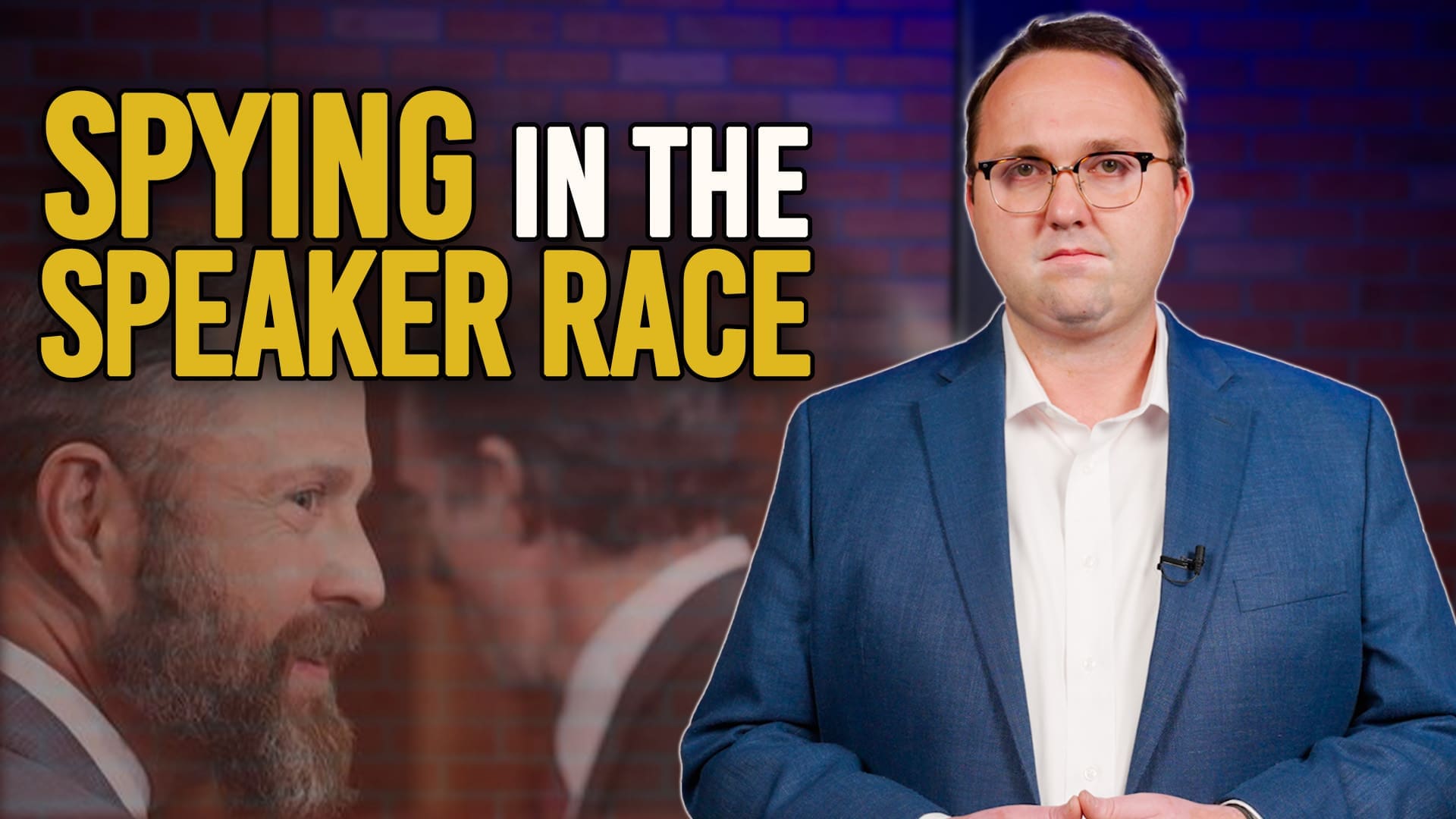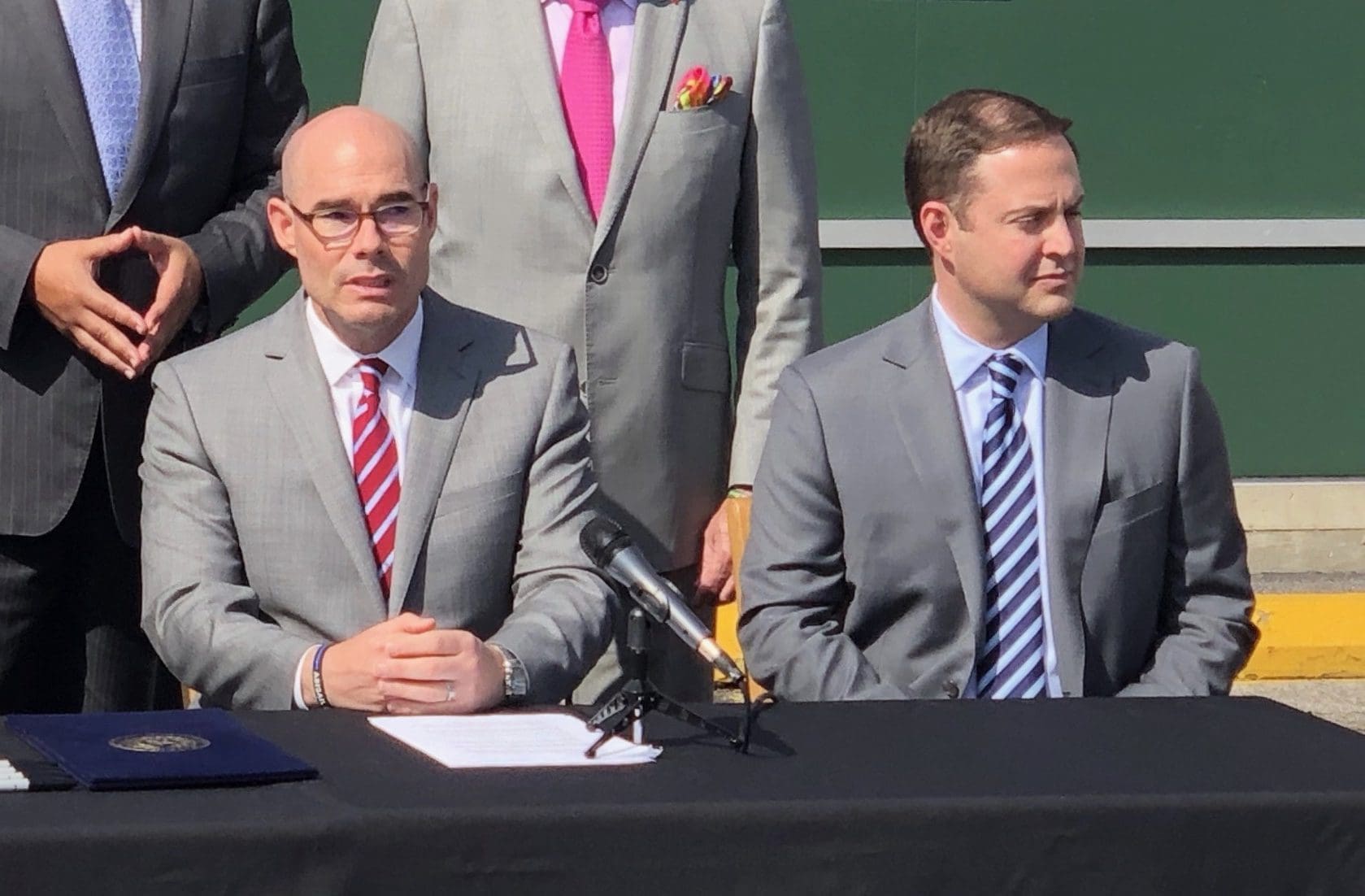“If we aren’t growing, we’re dying,” Southlake Councilman Shahid Shafi warned the Northeast Tarrant County Young Republican Club on Thursday night in Grapevine. A naturalized American citizen from Pakistan and practicing board-certified medical surgeon, Dr. Shafi has been involved in politics for nine years, serving in Place 1 of the Southlake City Council and recently appointed vice chair of the Tarrant County Republican Party.
Shafi told the group that what he has seen lately in Tarrant County worries him.
The source of Shafi’s concern is data from recent elections that shows Republicans losing ground. In 2004, George W. Bush won Tarrant County with 62 percent of the vote in his presidential re-election campaign. In 2016, Donald Trump won with 52 percent. And while 2018 was the last year of straight-party voting, GOP straight-ticket voting was already on the decline in Tarrant County.
In the 2018 midterm elections, Democrat Beto O’Rourke lost his U.S. Senate bid but won Tarrant County, while Republican Ron Wright won his congressional race but lost in Tarrant County.
Republican State Sen. Konni Burton of Colleyville lost her 2018 re-election bid, and State Rep. Jonathan Stickland (R–Hurst) won re-election by the slimmest of margins. Most shockingly, State Rep. Giovanni Capriglione (R–Keller) was re-elected with the highest margin of victory among the Tarrant County delegation, despite being a supporter of former Texas House Speaker Joe Straus.
Going through the data, Shafi detailed how voters behaved in Tarrant in 2018. Over 200,000 voted straight-ticket Republican and about 180,000 voted straight Democrat, while over 200,000 split their votes between the two parties.
“Anybody who thinks that the middle is shrinking,” Shafi said, “the data does not bear that out.” About a third of voters in Tarrant split their vote between the two parties this midterm election, and “any side that works harder than the other side can win their support.”
How is it possible for hardworking taxpayer champions like Wright and Stickland to do so poorly, while Capriglione and O’Rourke do so well? The answer, he states, is found with a study conducted during former Texas Gov. Rick Perry’s 2006 re-election campaign.
During that campaign, four political scientists were asked to conduct an experiment. They picked two areas: in one area, the campaign just ran television ads, the most expensive form of campaigning. In the other, they didn’t run ads but rather sent Perry to visit in person. While both produced an almost equal bounce in polling for the governor, the personal visits had more of a long-lasting effect on voters than the television ads. That personal touch meant more to the voters.
Recalling O’Rourke’s 254-county tour of Texas, it starts to become clearer how he performed so well; according to Shafi, the same applies to Capriglione. Because Capriglione delivers a very personal touch to his constituents — letting them know he is there, he cares, and he will work to solve problems — he was able to win a large bloc of voters, Shafi said.
This approach is where Shafi feels Republicans can do better.
“Don’t lead with ideology, lead with a question,” he says. Hear first what voters are concerned about, then reach out to them and address that need.
Shafi says Republicans all too often try to convert people to the party’s ideology, even though most people don’t care about ideology. “People care about paychecks, the kitchen table, and their kids having a better life,” he said. When asked whether this would lead to a compromise of convictions, he responded, “You have to be aware of that, but never cross that line.”
Shafi said Republicans must put ideology to common sense.
Shafi’s strong conviction is that the Tarrant County Republican Party must be a party of the community. To that end, as Vice Chair of Outreach for the Tarrant County GOP, Shafi has scheduled events across the county where the party will be connecting with residents. When it comes to Republicans’ relationship with voters, and everyone’s relationship with each other, Shafi paraphrases a popular verse from the New Testament: “The most important thing you can do is love your neighbor.”





